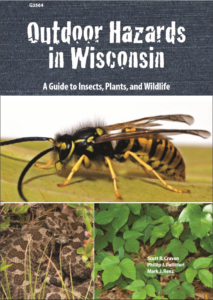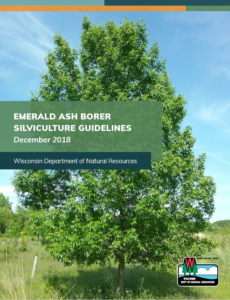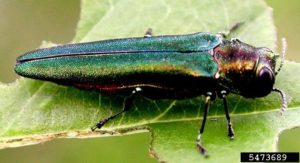
Credit: Leah Bauer, USDA Forest Service Northern Research Station, Bugwood.org
The WDNR received $175,000 from the USDA Forest Service, Forest Health & Resilience funds, to assist communities in response to the catastrophic loss of urban tree canopy due to EAB. The $175,000 will be administered through the competitive State Urban Forestry Grants program and sub-awarded to cities, villages, towns, counties, tribes and 501(c)(3) nonprofit organizations. Projects funded with the Forest Health & Resilience funds will focus on EAB response on public lands, including ash tree removals and replacements. EAB treatment will not be funded with these dollars. These projects will further the Forest Service National Priorities to ‘protect forests from threats’ and ‘enhance public benefits from trees and forests’, and make Wisconsin communities safer, healthier and happier places to live, work and play.

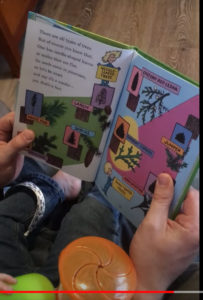
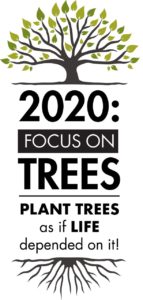
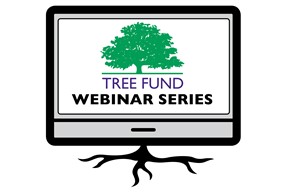 Check out the six upcoming webinars/webinar series listed below. Especially during this time of social distancing, webinars are a great training opportunity. Some of them even offer ISA CEUs when watched live (recordings of past webinars are also available but do not offer CEUs).
Check out the six upcoming webinars/webinar series listed below. Especially during this time of social distancing, webinars are a great training opportunity. Some of them even offer ISA CEUs when watched live (recordings of past webinars are also available but do not offer CEUs).